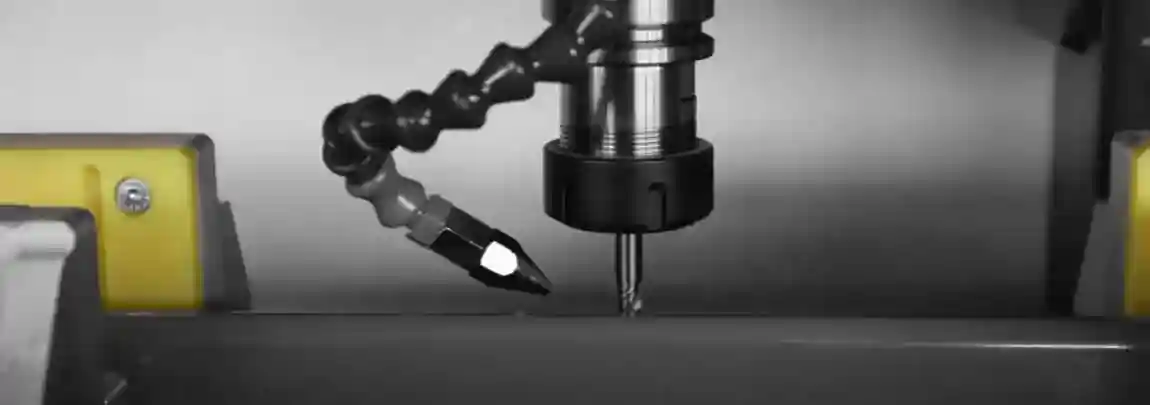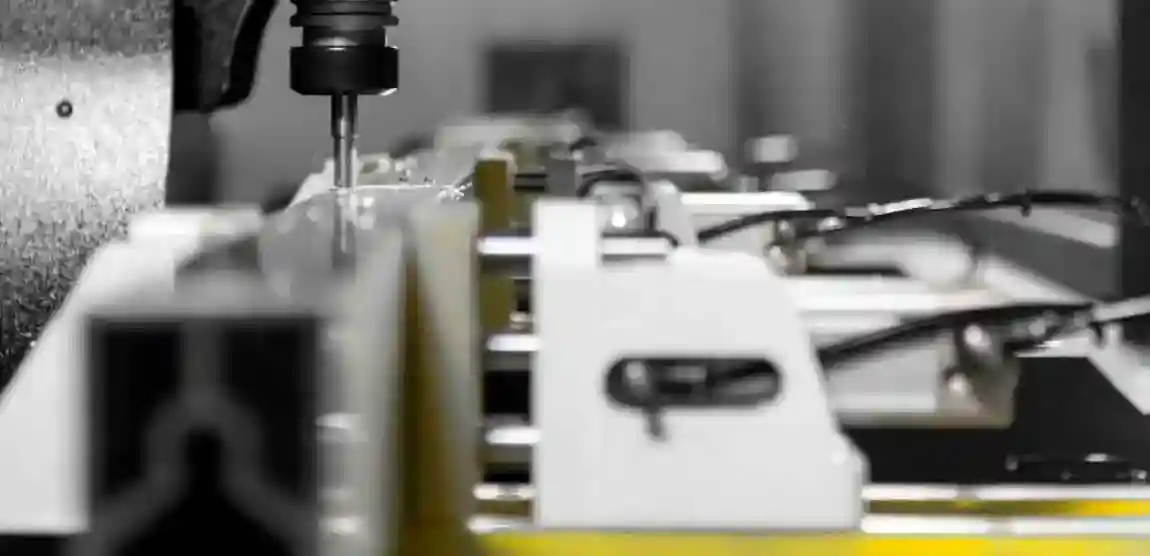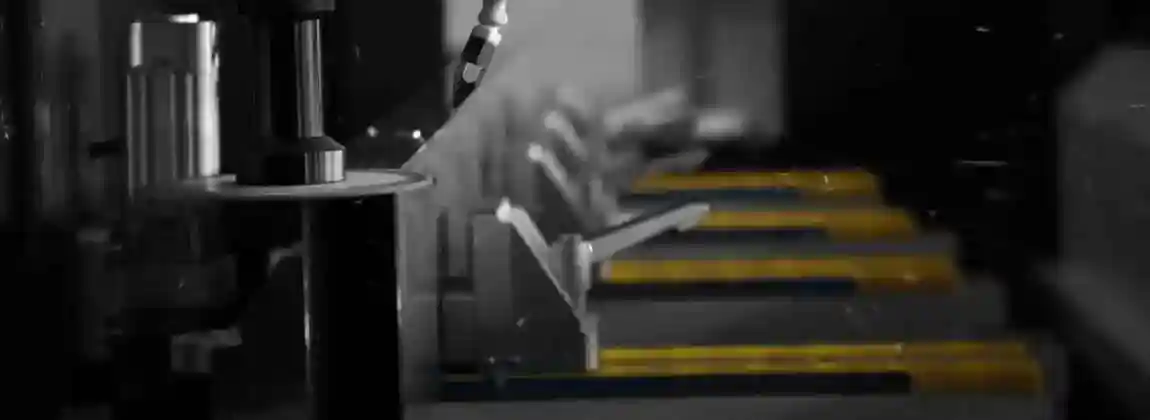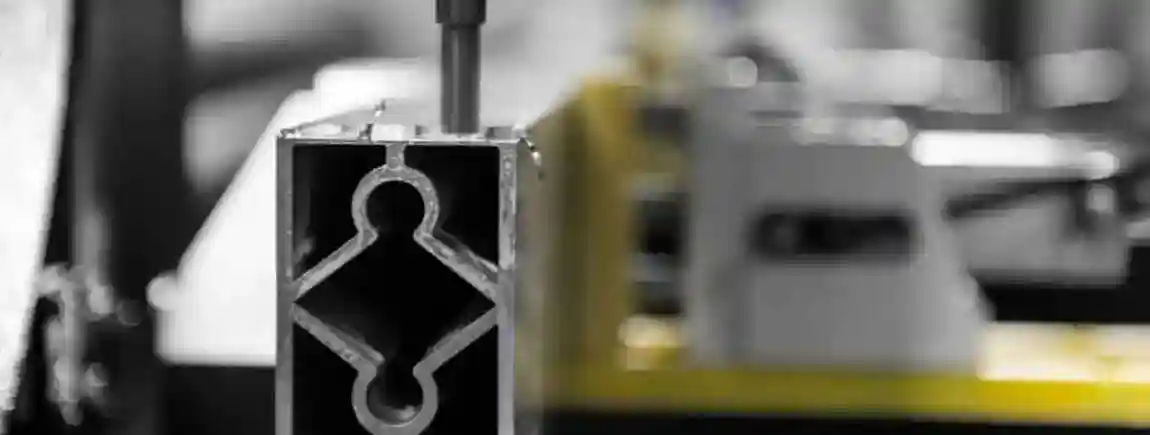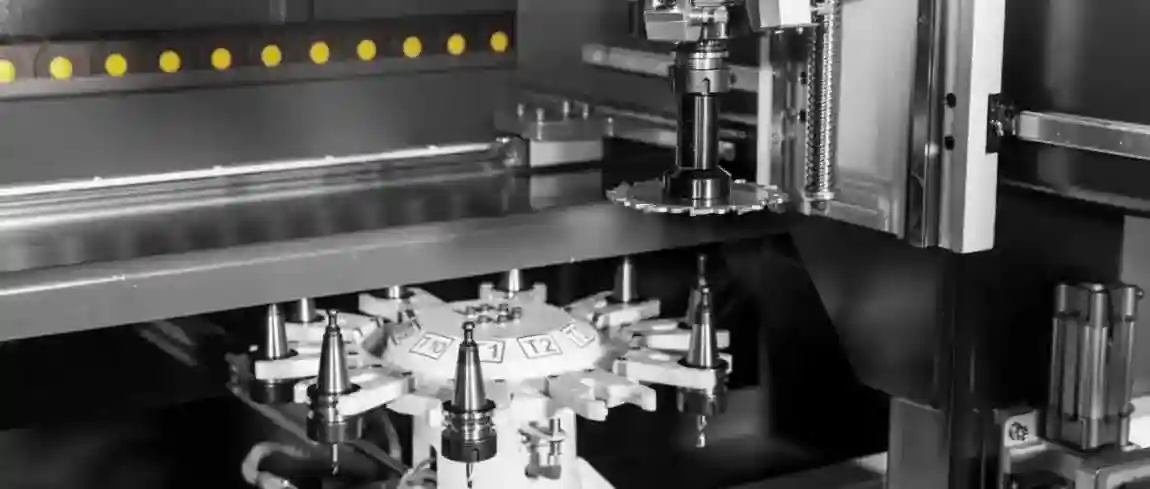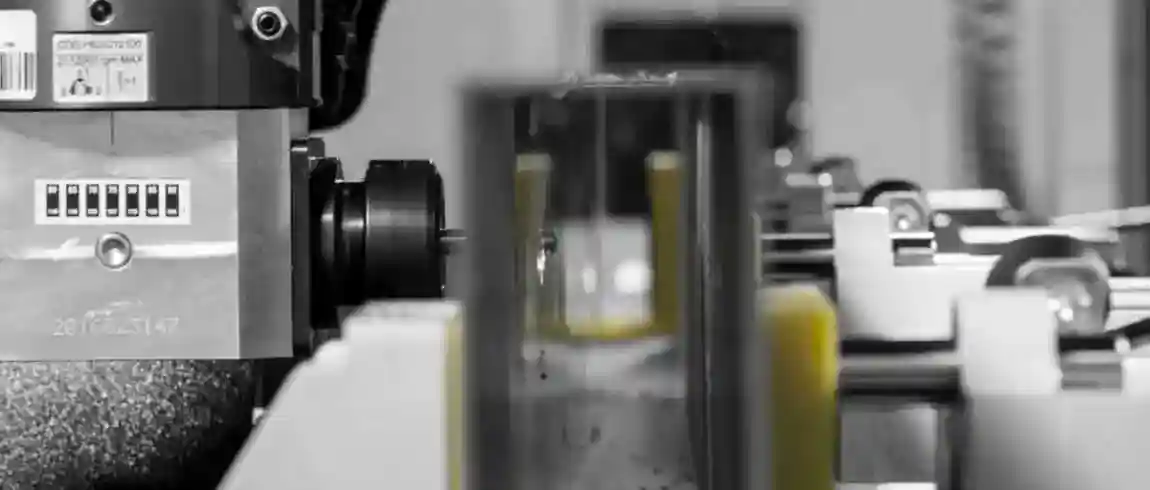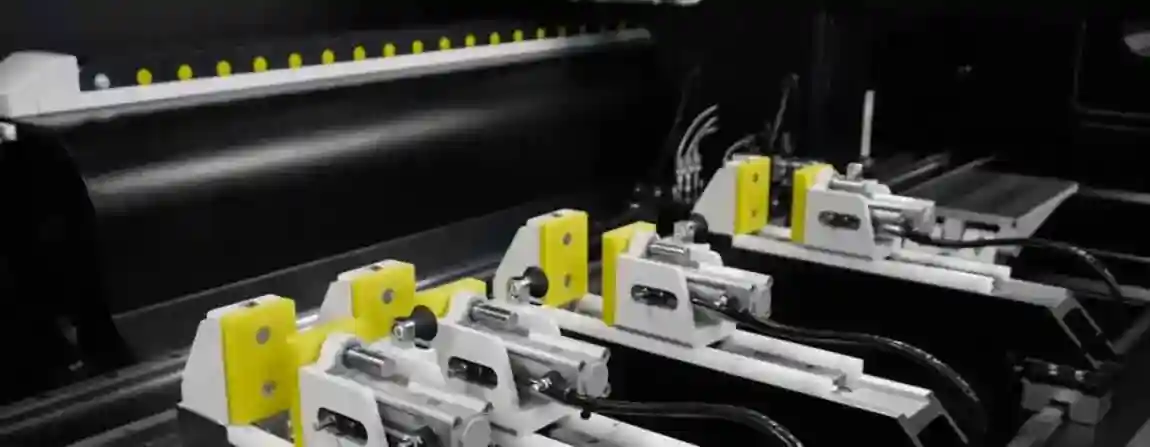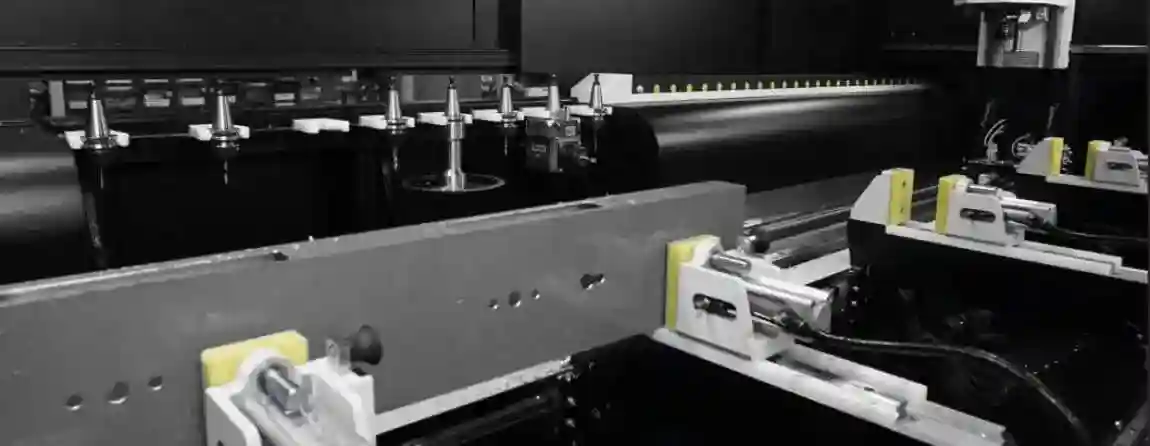-

Company
Product
ALUMINIUM MACHINES
PORTABLE MITER SAWS FOR ALUMINUM
PORTABLE COPY ROUTER MACHINES FOR ALUMINIUM
PORTABLE END MILLING MACHINES FOR ALUMINIUM
AUTOMATIC MITER SAWS FOR ALUMINIUM
COPY ROUTER MACHINES FOR ALUMINIUM
END MILLING MACHINES FOR ALUMINIUM
ALUMINUM CORNER CRIMPING MACHINE
DOUBLE MITRE SAWS FOR ALUMINIUM
AUTOMATIC SAWS FOR ALUMINIUM
BAR PROCESSING CENTERS
MACHINING CENTERS FOR ALUMINIUM COMPOSITE PANELS
NOTCHING SAWS
WEDGE CUTTING SAWS AND NOTCH CUTTING SAWS
MITER SAWS FOR ALUMINIUM
PVC PLASTIC MACHINES
PORTABLE MITER SAWS FOR PLASTIC
PORTABLE COPY ROUTER MACHINES FOR PLASTIC
PORTABLE END MILLING MACHINES FOR PLASTIC
MITER SAWS FOR PLASTIC
COPY ROUTERS FOR PLASTIC
END MILLING MACHINES FOR PLASTIC
WELDING MACHINES FOR PLASTIC
CORNER CLEANING MACHINES FOR PLASTIC PROFILES
DOUBLE MITRE SAWS FOR PLASTIC
BAR PROCESSING CENTERS
GLAZING BEAD SAWS
AUTOMATIC MITRE SAWS FOR PLASTIC
METAL MACHINES
MANUAL METAL SHEET BENDING MACHINE
MANUAL BENDING MACHINES
HYDRAULIC BENDING MACHINES
NON MANDREL BENDERS
PLATE BENDING MACHINES
BORDERING AND TRIMMING MACHINES
HORIZONTAL PRESSES
BELT GRINDING MACHINES
PIPE NOTCHING MACHINES
PIPE POLISHING MACHINES
LASER CUTTING MACHINES
PRESS BRAKES
VERTICAL TURNING CENTERS
MACHINING CENTERS
WOOD MACHINES
GLASS MACHINES
ROBOTICS SPECIAL MACHINERY
Service
Blog
Contact
Blog
- Home
- Blog
- PVC WINDOW MACHINE
- PVC WINDOW WELDING MACHINE
PVC WINDOW WELDING MACHINE
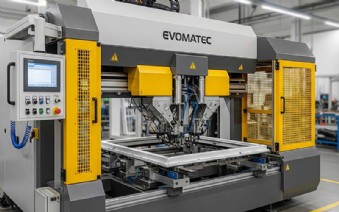
PVC Window Welding Machine – The Complete Guide to Precision and Efficiency in Window Manufacturing
Introduction
The production of modern PVC windows requires maximum precision and durable connections. At the heart of this process is the PVC window welding machine. It makes it possible to permanently and precisely fuse profiles together, ensuring stable, airtight, and energy-efficient window frames.
With rising requirements for thermal insulation, soundproofing, and design, PVC welding machines have become indispensable – both for small workshops and industrial-scale production lines.
What Is a PVC Window Welding Machine?
A PVC window welding machine is a specialized system that joins PVC or uPVC profiles by using heat and pressure.
Key features include:
-
Temperature-controlled heating plates
-
Precise pressure regulation
-
Welding angles of 90° or special shapes
-
Weld seam cleaning (manual or automatic)
-
Multi-head technology (1-head, 2-head, 4-head) for different production volumes
Workflow with a PVC Window Welding Machine
1. Profile Preparation
PVC profiles are cut to size, cleaned, and fixed in position.
2. Heating
Profile ends are pressed against the heating plate until they reach welding temperature.
3. Welding
The heated profiles are pressed together under controlled pressure, creating a permanent molecular bond.
4. Cooling
The welded frames or sashes remain clamped until cooled down.
5. Weld Seam Cleaning
-
Manual cleaning: with hand tools or separate machines.
-
Automatic cleaning: with CNC weld seam cleaners for precise edges and surfaces.
Types of PVC Window Welding Machines
-
Single-Head Welding Machines
-
Suitable for small-scale production or custom jobs.
-
Flexible but lower output.
-
-
Double-Head Welding Machines
-
Welds two corners simultaneously.
-
Ideal for medium production volumes.
-
-
Four-Head Welding Machines
-
Welds all four corners of a frame at once.
-
Designed for industrial mass production.
-
Benefits of Modern PVC Welding Machines
-
Precision: uniform and stable joints
-
Productivity: multiple corners welded in one cycle
-
Quality: airtight seams with high durability
-
Flexibility: works with different profile types and frame designs
-
Automation: easy integration into full production lines
-
Cost efficiency: reduced waste and faster output
The Future of PVC Window Welding Machines
Trends point towards:
-
Fully automated production lines integrating welding, cleaning, and assembly
-
Energy-efficient heating systems to lower power consumption
-
Digital process monitoring with real-time data and documentation
-
Robotic loading and unloading for reduced cycle times
-
Smart factory integration with connected systems and AI optimization
Planning and Investment
Before purchasing, companies should consider:
-
Production volume per shift
-
Profile types (PVC,uPVC,special shapes)
-
Level of automation (manual, semi-automatic, fully automatic)
-
Manufacturer’s service and spare parts support
-
Expected payback period (typically 2–4 years)
Frequently Asked Questions
What temperature is used for welding?
Between 230°C and 260°C, depending on the profile material.
Can aluminium profiles be welded with this machine?
No – aluminium frames require corner crimping machines.
What is the price range?
From around €10,000 for single-head machines up to €80,000+ for fully automated four-head systems.
Conclusion
The PVC window welding machine is the core of modern PVC window manufacturing. It ensures accurate joints, high productivity, and long-lasting performance.
Companies that invest in advanced welding technology gain better quality, higher efficiency, and long-term competitiveness.
- PVC window welding machine
- PVC window welder
- uPVC window welding machine
- PVC frame welding machine
- PVC profile welding machine
- PVC window frame welder
- plastic window welding machine
- PVC window single-head welder
- PVC window double-head welder
- PVC window four-head welder
- PVC window weld seam cleaner
- PVC window production machine
- PVC window fabrication machine
- PVC welding automation machine
- PVC frame fabrication welder
- PVC profile joining machine
- window PVC welding technology
- PVC window manufacturing machine
 GERMANY
GERMANY ENGLISH
ENGLISH FRANCE
FRANCE SPAIN
SPAIN PORTUGAL
PORTUGAL

